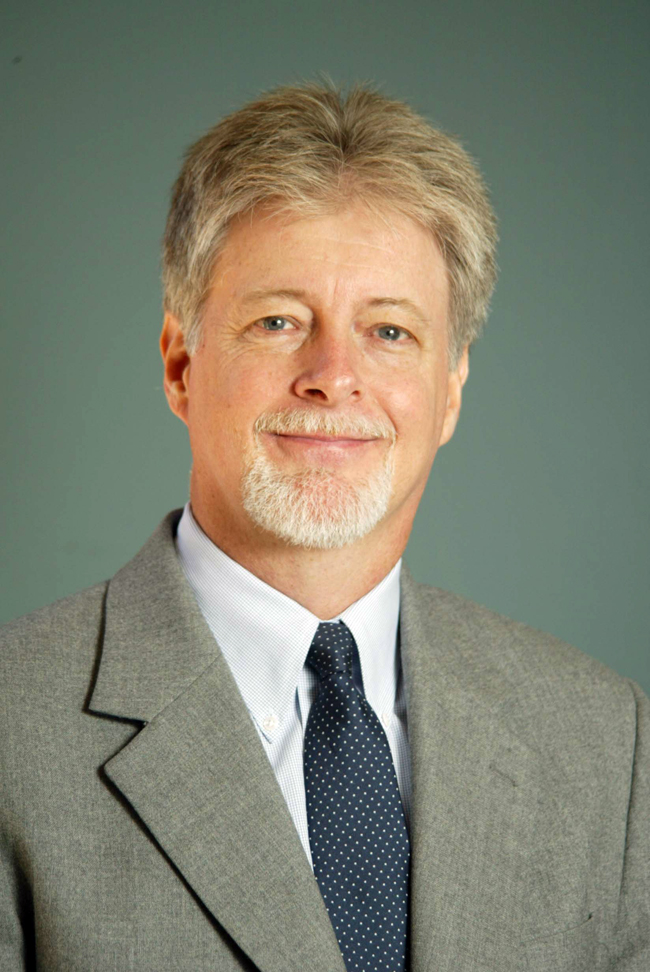
Although most organizations –– business or otherwise –– operate with the noblest of intentions, at some point the people associated with them will experience some degree of systemic dysfunction. Unexpected difficulties will arise that require workers, clients, and/or customers to find alternate methods for completing their respective tasks, or to suffer negative consequences. These difficulties –– and the responses to them –– comprise what UC Santa Barbara communication professor Ronald E. Rice refers to as "unusual routines."
"An unusual routine is a recurrent interaction pattern in which someone encounters a problem when trying to accomplish normal activities by following standard organizational procedures. The person then becomes enmeshed in wasteful and even harmful subroutines while trying to resolve the initial problem," said Rice, the Arthur N. Rupe Professor of the Social Effects of Mass Communication at UCSB and co-director of the campus's Carsey-Wolf Center.
In his new book, "Organizations and Unusual Routines: A Systems Analysis of Dysfunctional Feedback Processes" (Cambridge University Press, 2010), Rice provides scholars and practitioners with a new vocabulary for identifying, understanding, and dealing with this pervasive organizational phenomenon.
"Unusual routines are ‘unusual' because they are not intended or beneficial, and because they are generally pervasive but individually infrequent," Rice explained. "They are ‘routines' because they become systemic as well as embedded in ordinary functions."
Rice and his co-author, Stephen D. Cooper, professor of communication studies at Marshall University, use a wide range of case studies and interdisciplinary research to introduce and explain the concept of unusual routines, a common but not previously well-described or analyzed set of circumstances.
"The book is a powerful systems analysis tool that can help organizations identify, diagnose, and fix things that otherwise are written off as error or incompetence," Rice said.
Related Links



